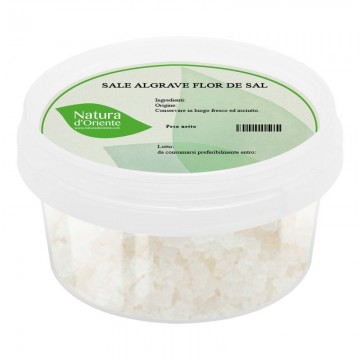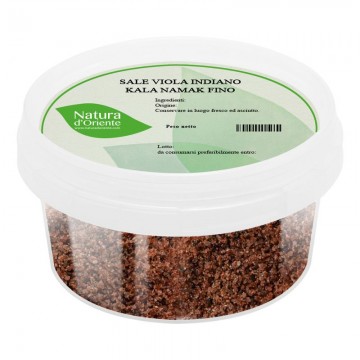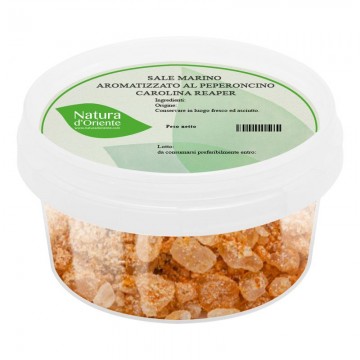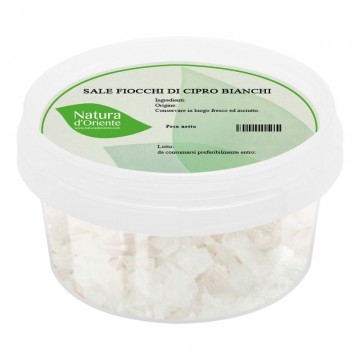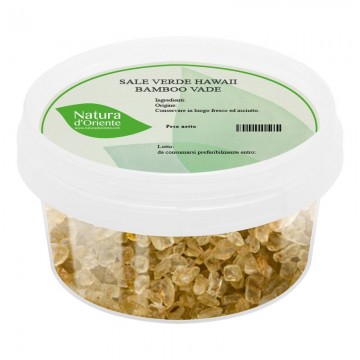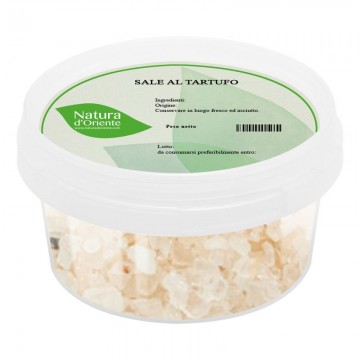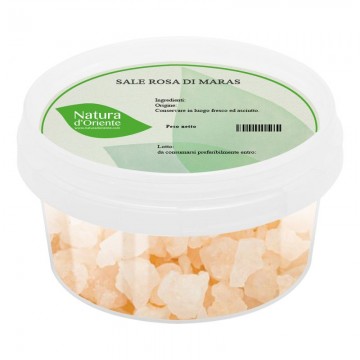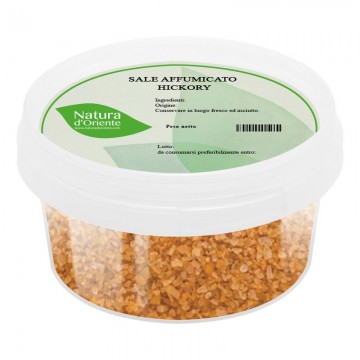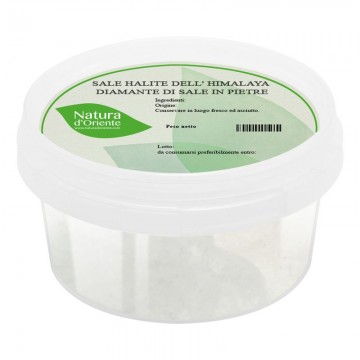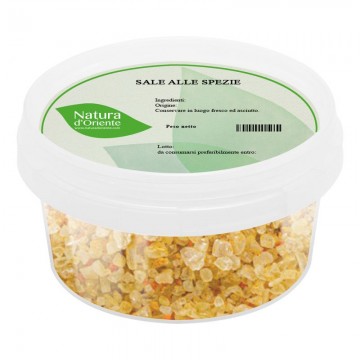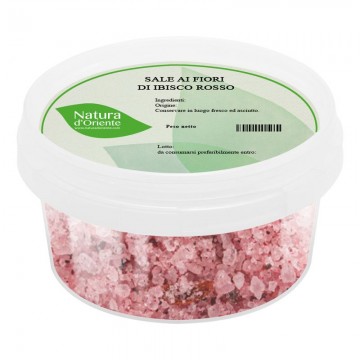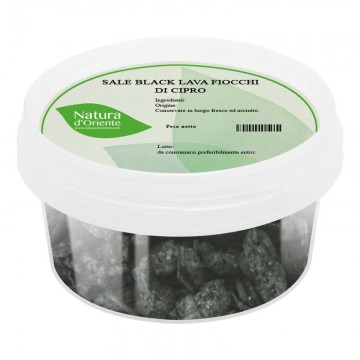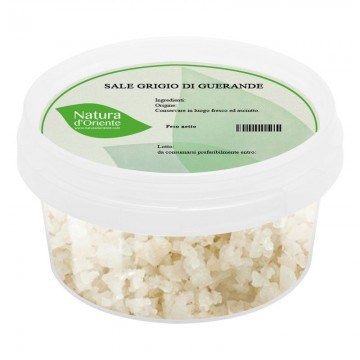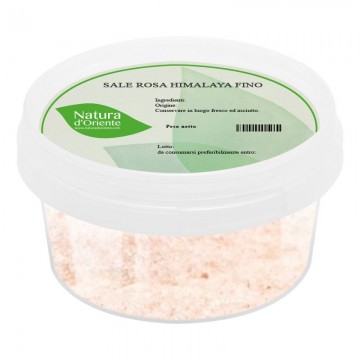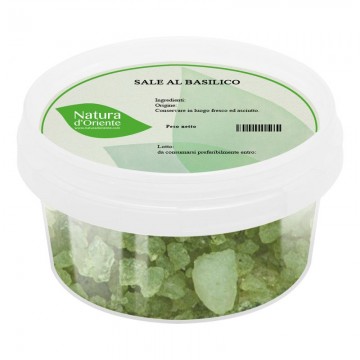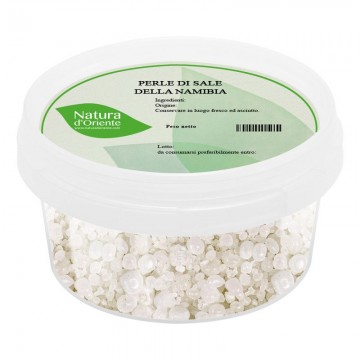Maldon sea salt with its particularity has gained the appreciation of many experts and chefs over time. It is perfect as a finishing salt , especially suitable before roasts and for seasoning food after cooking. What makes it so special is its provenance from the south-east coast of England, where it has been produced with artisanal methods for centuries. It is highly coveted for its mineral properties, the scenic shape of the pyramidal crystals, its distinctive flavor - not too salty and delicate .
Maldon rooms: features and benefits
Salt gives health benefits , facilitating digestion, acting for oral health, helping to prevent iodine deficiency, and as important element of rehydration and to maintain the normal pH of the blood. In addition, it helps the body to remove toxins and acts in the body for the transmission of nerve signals.
It is often pointed out as a regulator or harmful agent for normal blood pressure and, for this reason, searches for the most beneficial types of salt of the most popular seasoning in the world have spread. < br /> Maldon sea salt is one of the most appreciated for its health and taste benefits. It is not bleached, it is an unrefined sea salt, which preserves the minerals of its territory: iron, potassium and zinc.
Its taste is unique , specific to its environment: the location of the city of Maldon, is the one that gives a different flavor to the salt. Contains various trace elements from Maldon water, which make it fresh and slightly salty. It is known for its pyramid-shaped crystals, which are large but light in texture. Maldon salt does not dissolve immediately in the taste of food, it persists pleasantly in the mouth and provides a crunchiness that satisfies the palate.
Often this size in the crystals makes the Maldon salt seem more consistent in taste, but in reality it depends on the greater surface area of the salt flakes on the tongue. For this, it takes very little. It is always advisable to add Maldon salt before serving the meal, as a finishing salt, perhaps by squeezing it lightly between your fingers and dusted to also give a fascinating visual effect.
Origins and History
This salt has been collected in the Maldon territory since the 5th century. The Maldon salt flats, located in Essex in south-east Great Britain, are also mentioned in the famous medieval manuscript Domesday Book. Since ancient times, in which clay pits were used, the method of salt extraction has changed little, and for this reason, despite some technological inserts, Maldon salt is considered an artisanal salt. To obtain it, water is taken from the estuaries of the Blackwater and Crouch rivers to the North Sea. Especially in the dry period, when the salt content in estuaries is higher.
The brackish water is diverted and filtered into different tanks, where the hot steam evaporates it. Pyramid-shaped crystals from Maldon sea salt begin to settle to the bottom and are collected at the end of evaporation. A drying process follows, and the salt will be ready to be packaged. An art that evaluates temperature and times, a slow heat, craftsmanship.
This production took a commercial turn in 1882, when Thomas Bland bought a small company that produced salt and transformed it into Maldon Sea Salt. Bland improved production processes - today it is collected at high tide by a steel barge, the water from the salt flats is filtered and then pumped to the salt flats. Thus, within a few decades Maldon flake salt became a gourmet product.
Nutritional values of Maldon Salt
This salt contains mostly sodium chloride (98.80%), as well as trace minerals such as potassium, magnesium, calcium, zinc.
How to use Maldon salt in the kitchen
This type of salt can be used on various earth dishes , making the most of grilled meat or roasted fish, eggs, and in chicken and pork recipes. Maldon salt also gives a beautiful scenography in the dish , with its pyramidal and particular crystals, known for their tactile consistency. It is certainly excellent inserted in homemade bread, as per tradition, and can enrich all baked products with good minerals, without dear

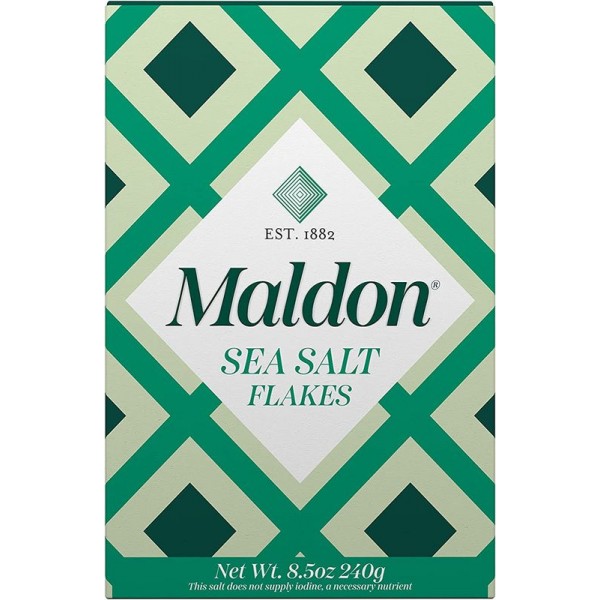





 No reward points for this product.
No reward points for this product.
